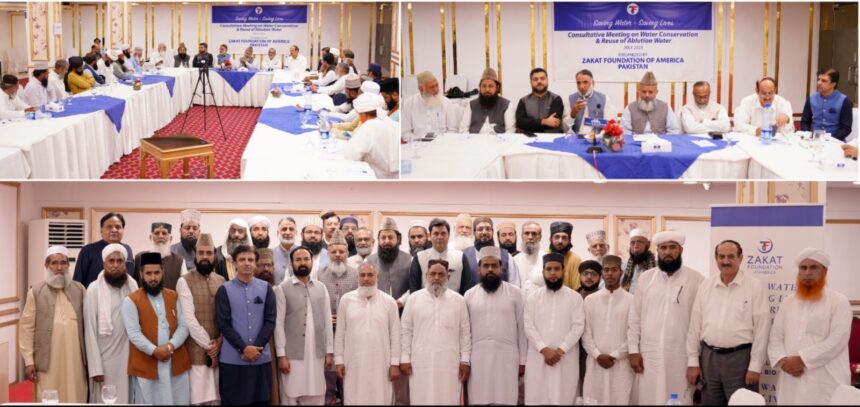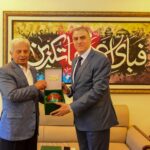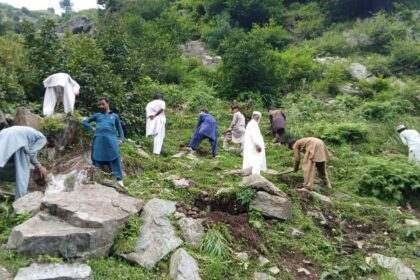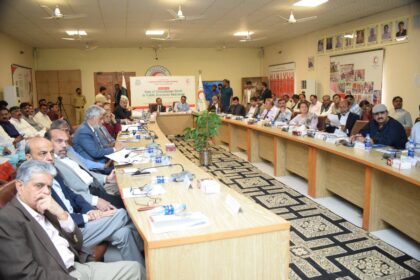In a groundbreaking collaboration aiming to merge Islamic teachings with environmental responsibility, the Zakat Foundation of America hosted a consultative session in Islamabad to promote water conservation and the reuse of ablution (Wudu) water in mosques across Pakistan. The session brought together renowned religious leaders, Islamic scholars, environmental experts, and educationists to discuss effective strategies and practical solutions for sustainable water management in the country.
The gathering included prominent representatives from reputable Islamic institutions, masajid, and madaris in Islamabad, as well as respected environment scholars and activists from leading universities. Among the esteemed participants were environmental activist Dr. Rehan Tahir, Dr. Adil Naseer from Bahria University, and Dr. Irfan Khan, former dean of International Islamic University Islamabad. Dr. Muhammad Raghib Hussain Naeemi, Chairman of the Council of Islamic Ideology, honored the event with his presence as the chief guest and delivered the keynote address.
Opening the session, Dr. Fazal ur Rehman highlighted the religious and social imperatives of conserving water, stating, “Water is a divine blessing and a shared responsibility. Through practical steps and faith-based awareness, we can protect this vital resource for future generations.”
Participants specifically addressed concerns regarding the wastage of water during Wudu, proposing practical solutions such as installing advanced greywater recycling systems in mosques. These systems would enable the reuse of ablution water in landscaping, sanitation, and other non-drinking applications, thereby marrying environmental protection with Islamic teachings and cultural values.
A significant announcement made during the session was the initiation of a pilot project focused on rainwater harvesting and effective reutilization of Wudu water in selected mosques of Rawalpindi and Islamabad. Should the pilot prove successful, the model will be expanded nationwide to encourage sustainable water-use practices in mosques and Islamic institutions throughout Pakistan.
Mufti Zameer Sajid, member of the Ruet-e-Hilal Committee, supported the event’s mission under the banner “Safe Water, Safe Life.” He emphasized the spiritual duty inherent in water conservation: “Conserving Wudu water is not just an environmental need—it is a religious responsibility. We must act with wisdom and foresight to preserve Allah’s blessings.”
Appreciating the initiative spearheaded by the Zakat Foundation, Dr. Raghib Naeemi praised the involvement of religious and environmental scholars in the discussions. He especially recognized the influential role of Ulamah as essential educators who can promote an environmentally-conscious lifestyle through their public lectures and Friday sermons (Khutbahs). “Imams and scholars play a critical role in shaping public consciousness on this issue. Their voices, rooted firmly in faith, can inspire action and foster significant change at the grassroots level,” Dr. Naeemi remarked.
This consultative meeting represents a crucial step forward in connecting Islamic ideals with ecological ethics, setting the stage for a broader cultural shift toward communal accountability and sustainable water usage practices across Pakistan.











